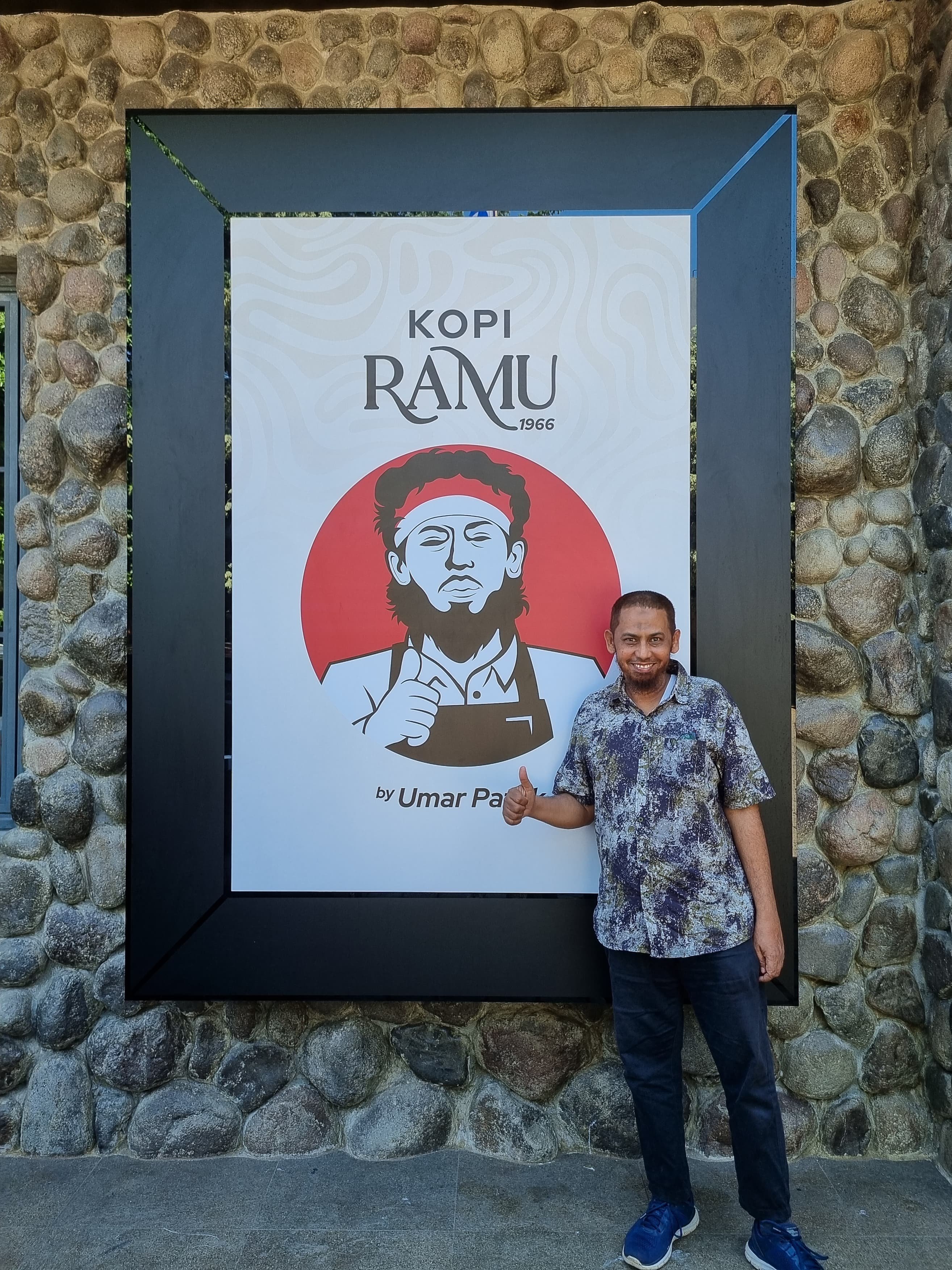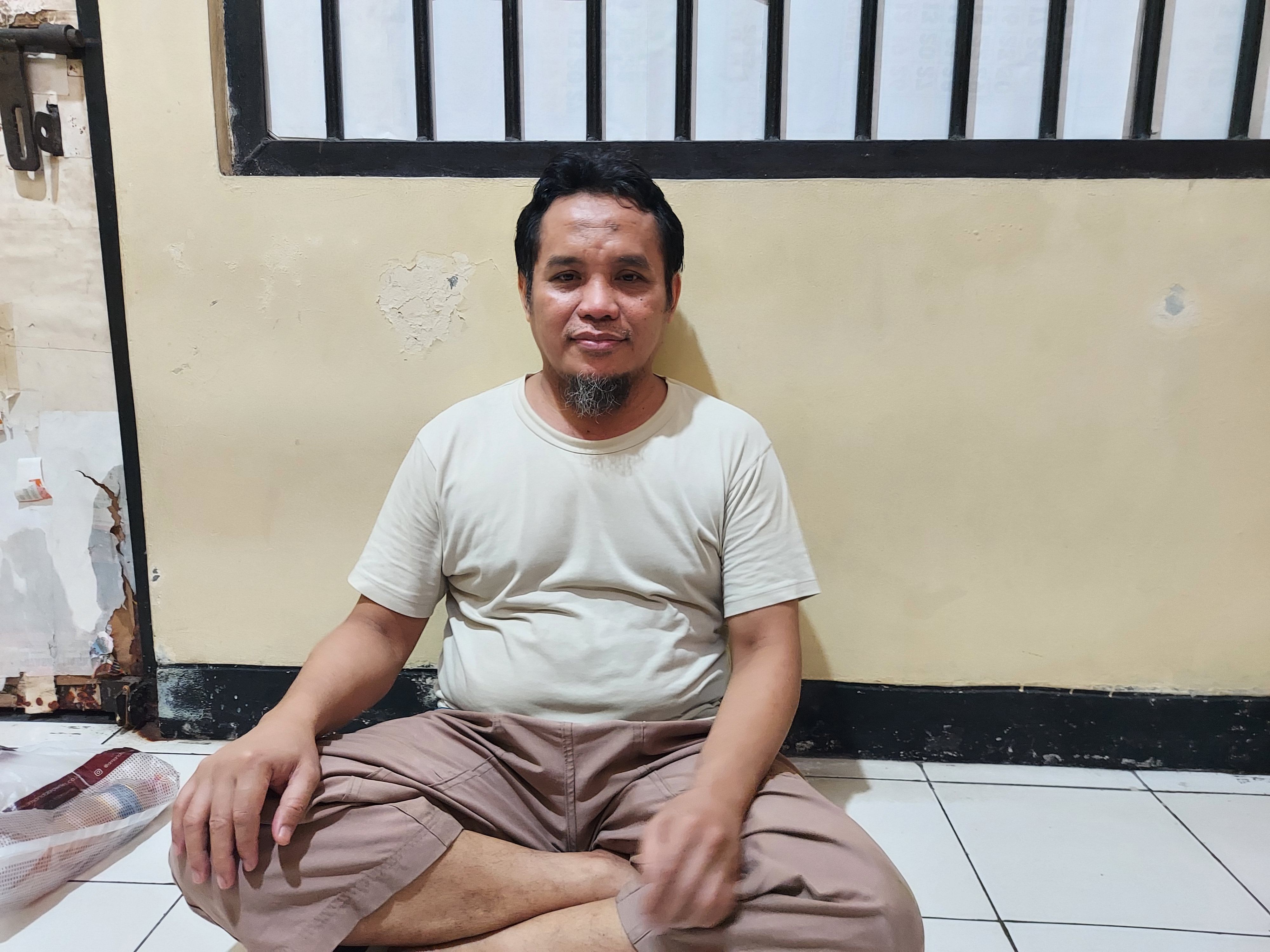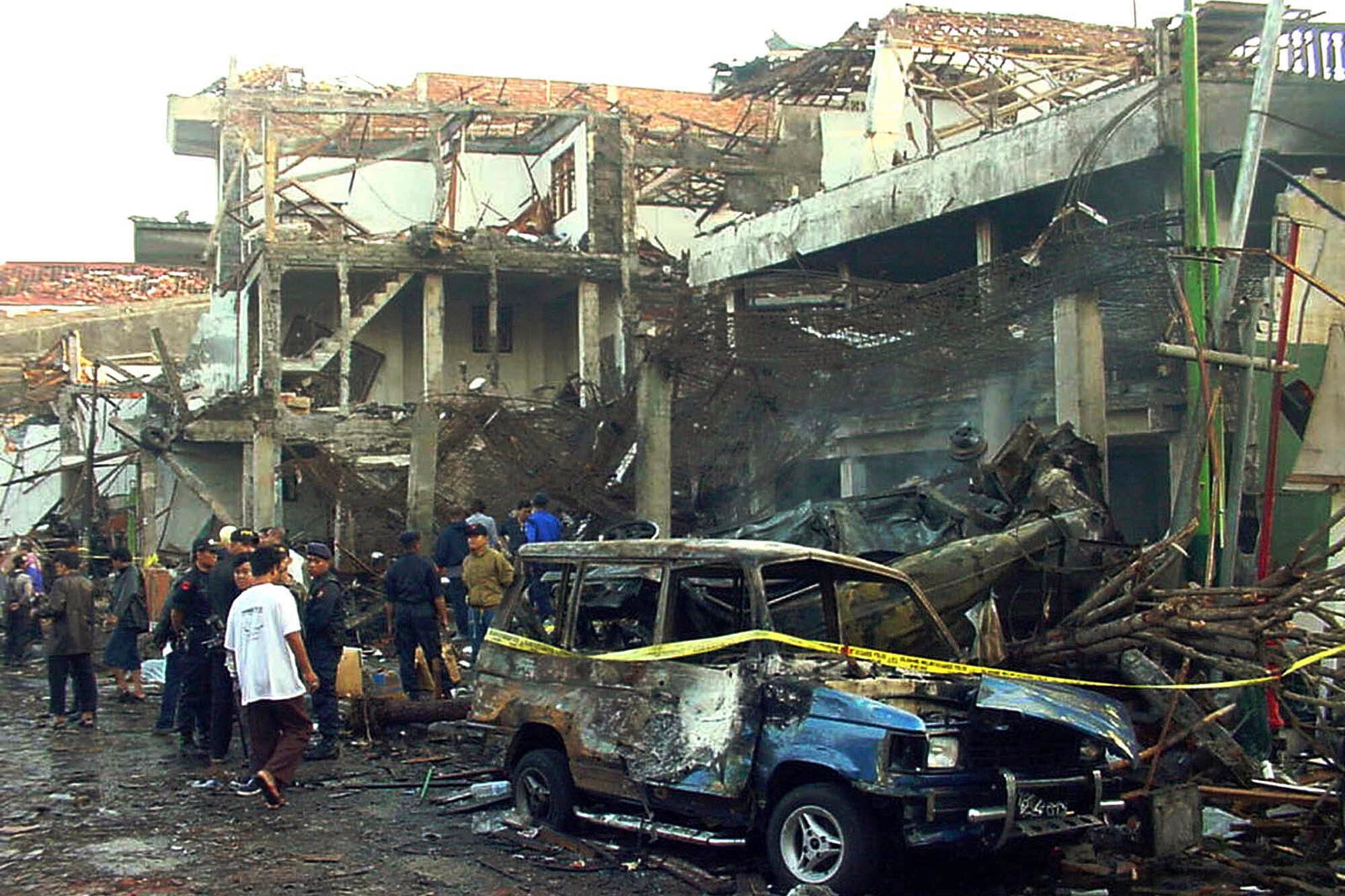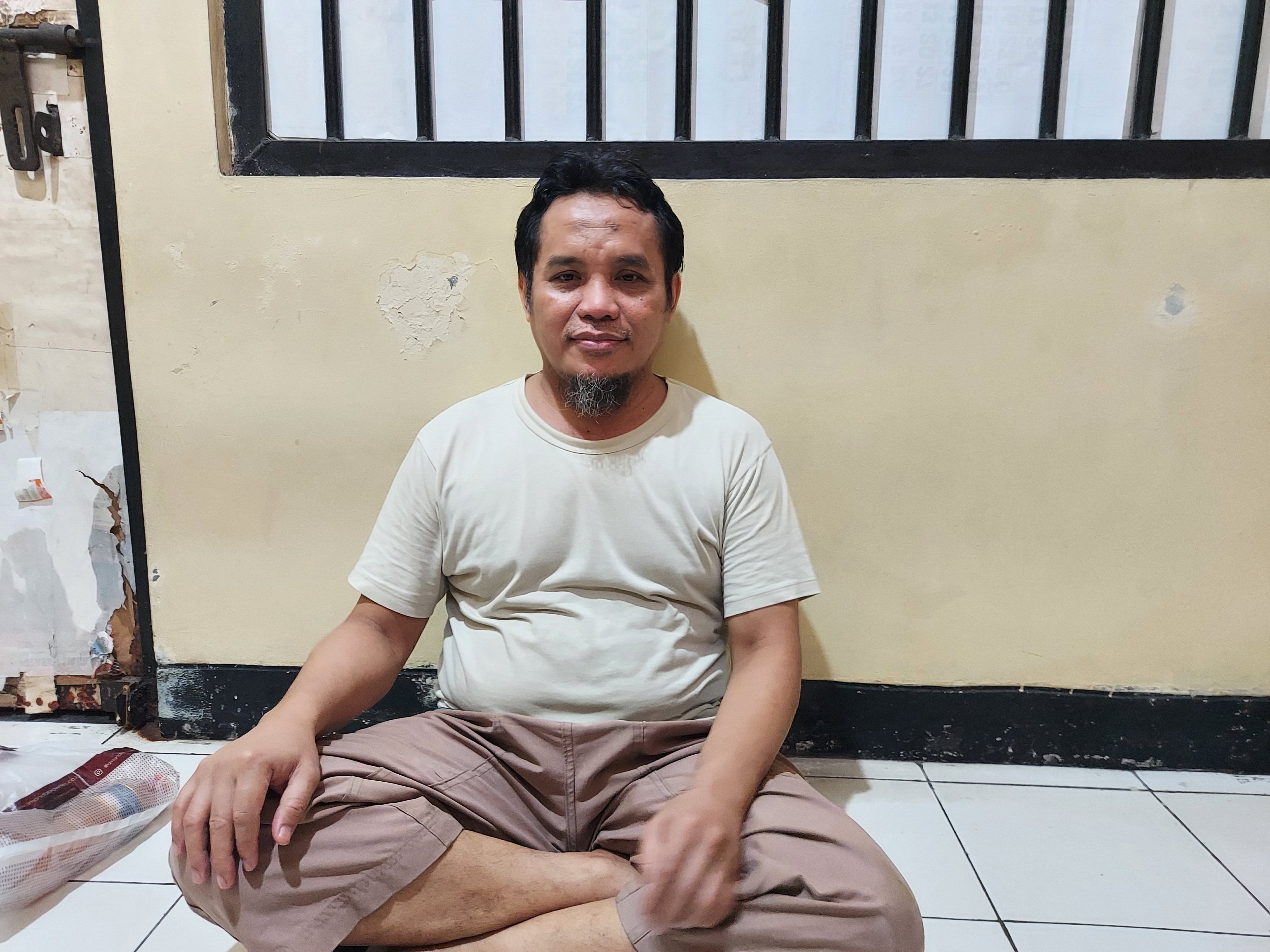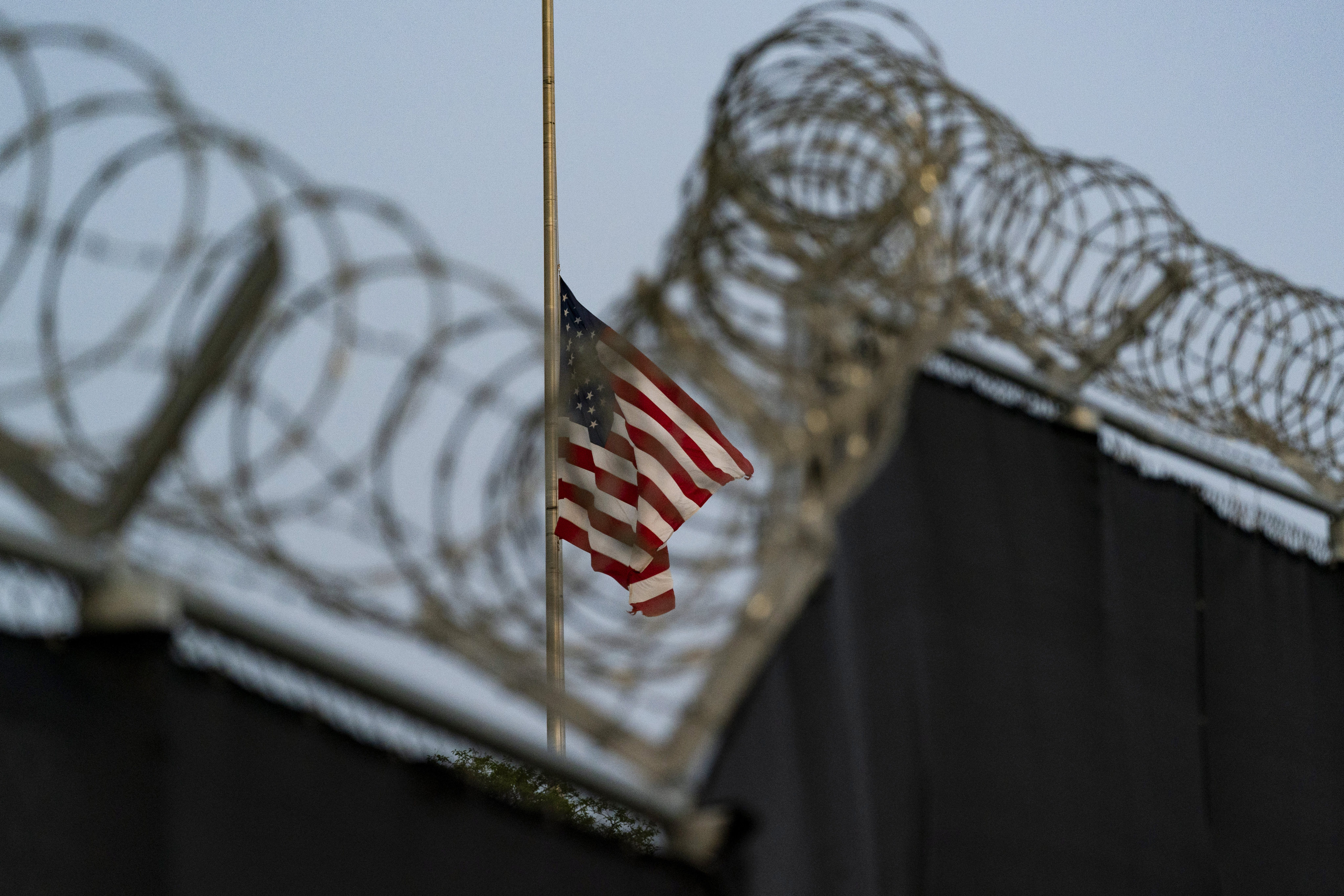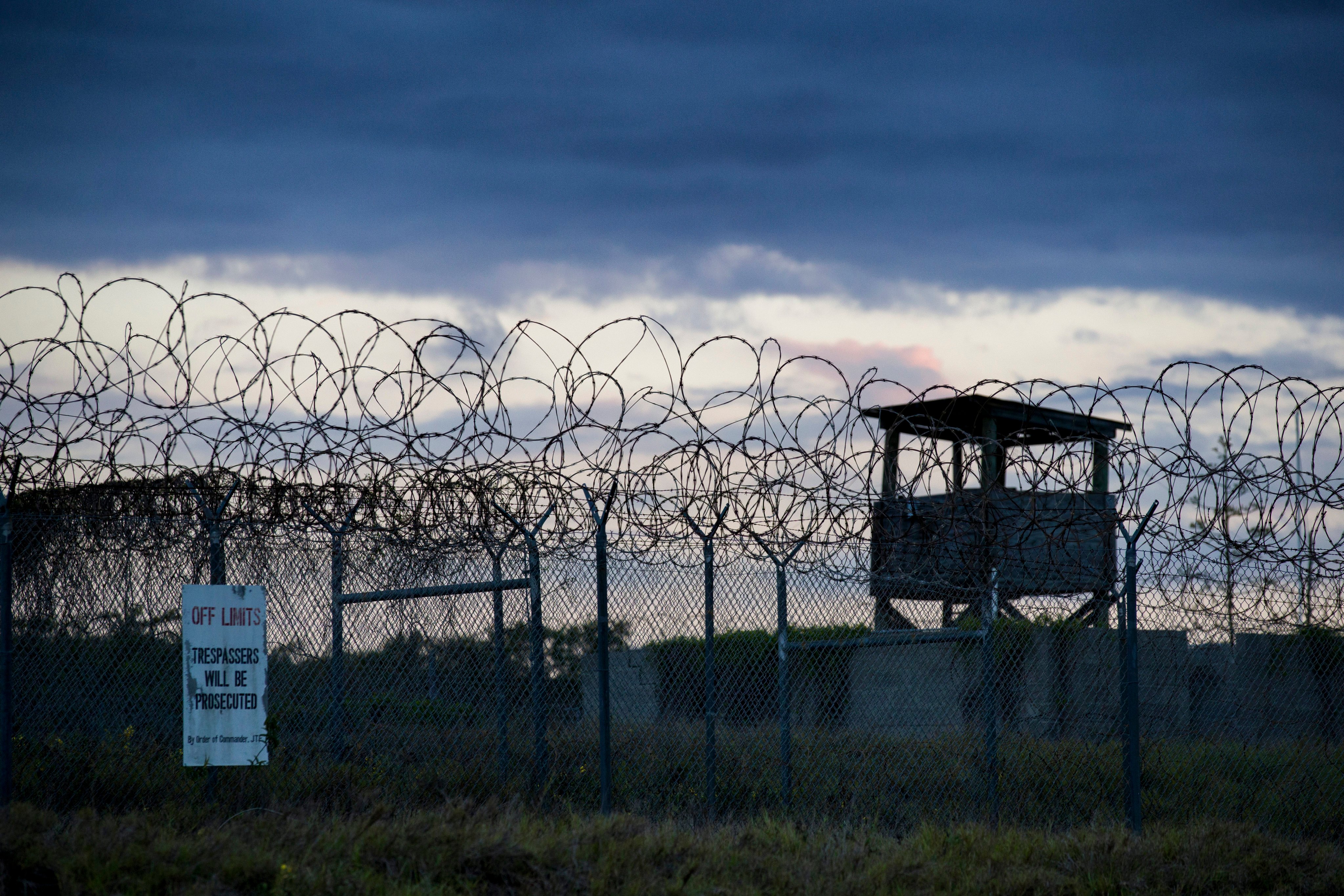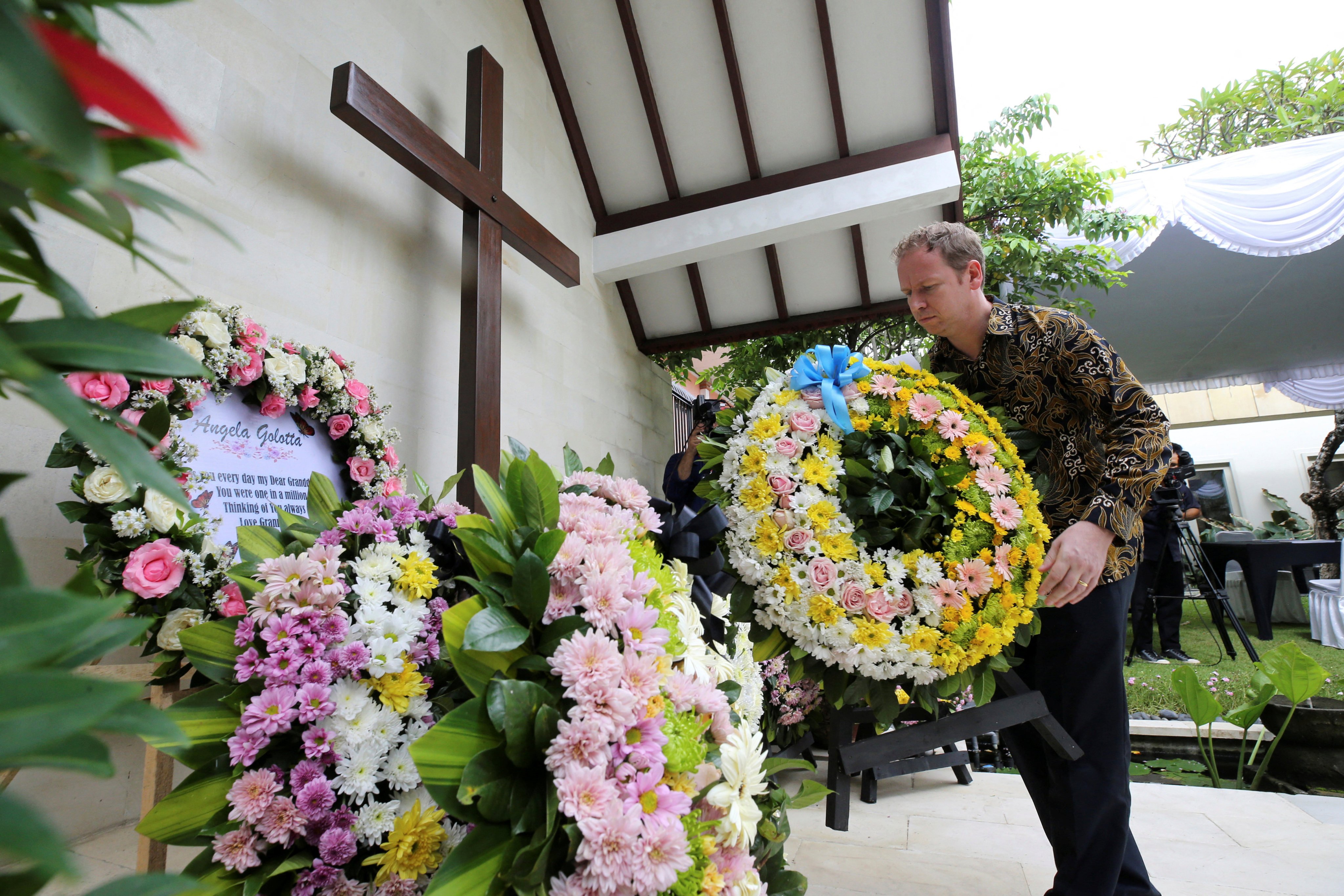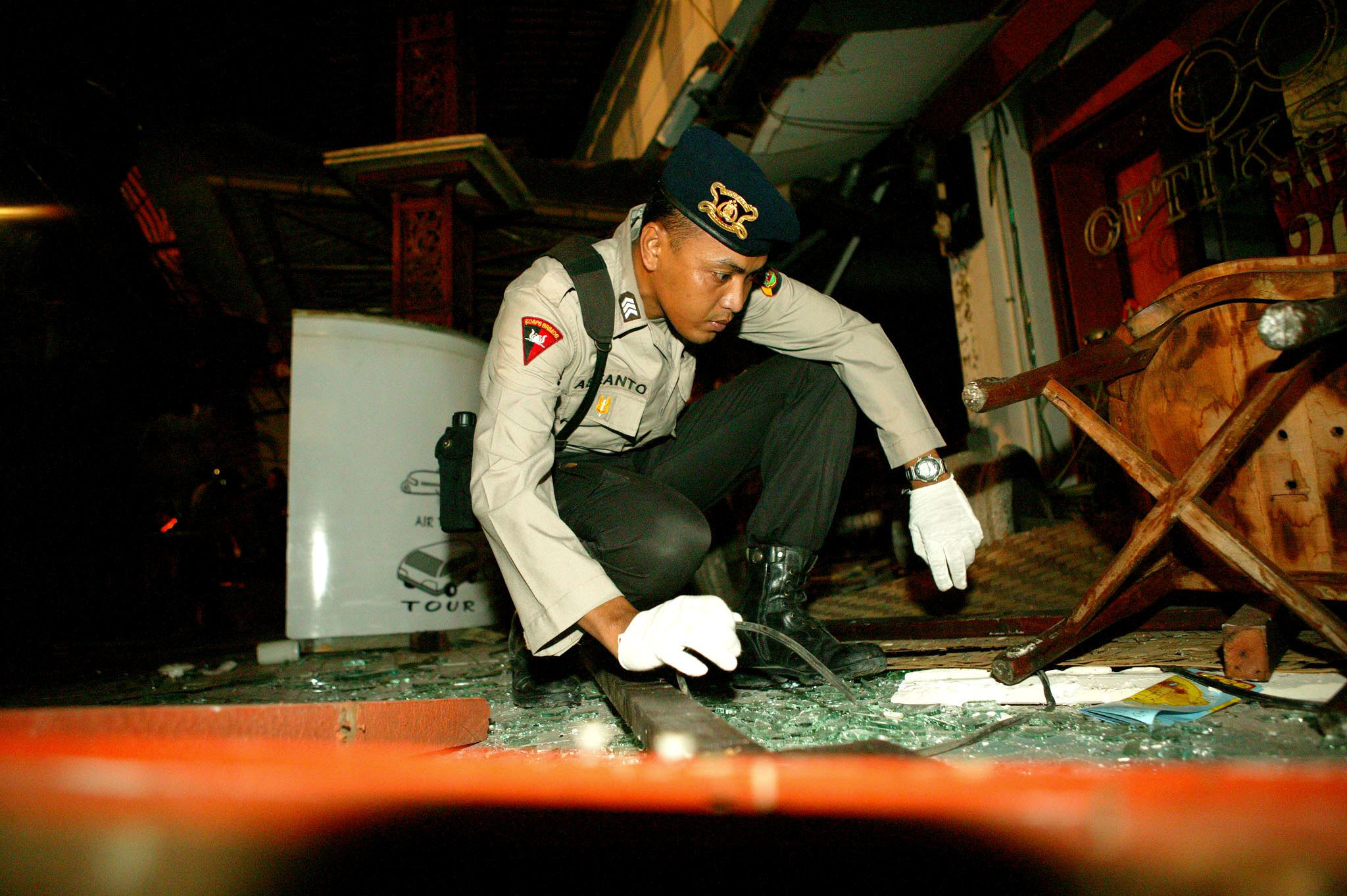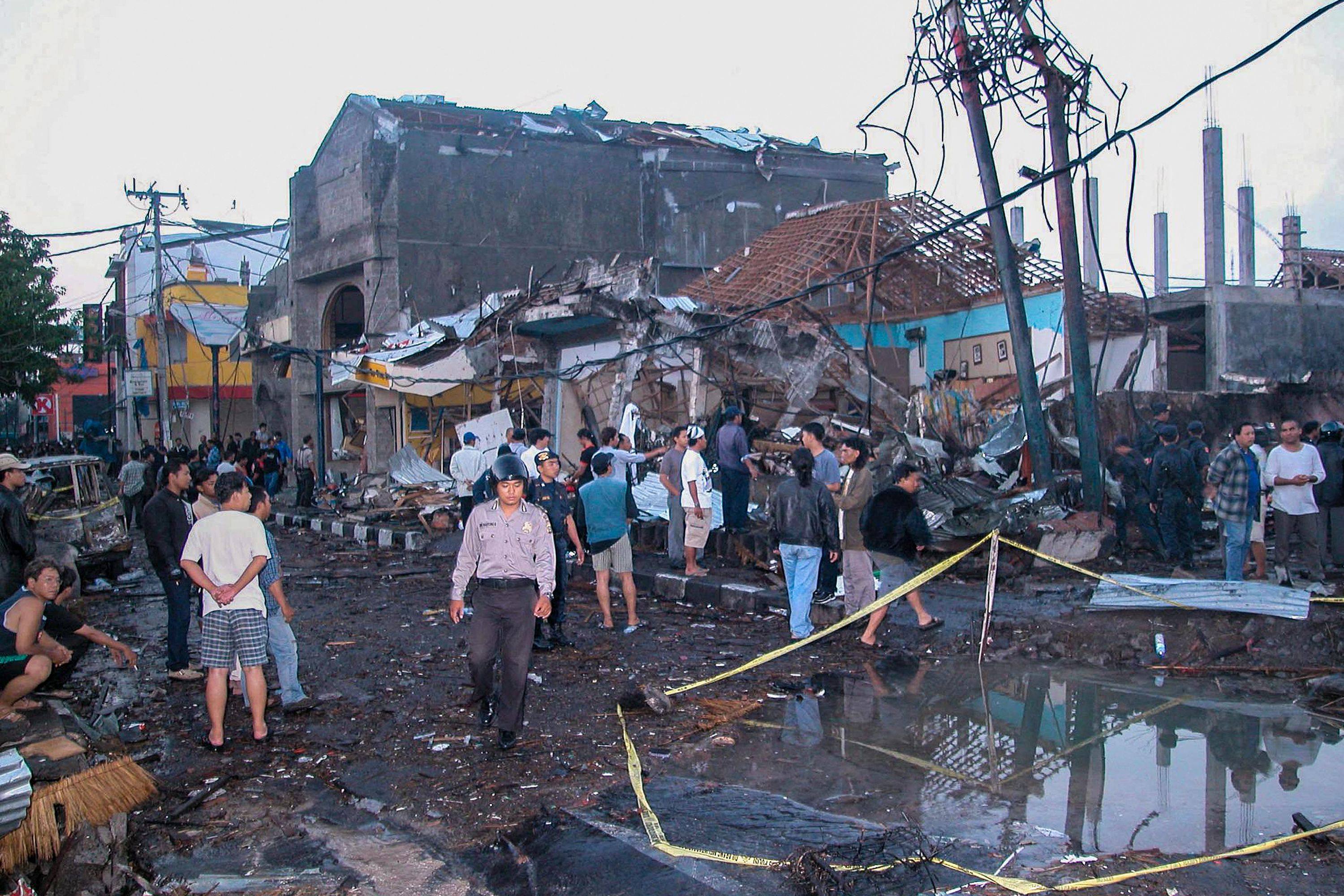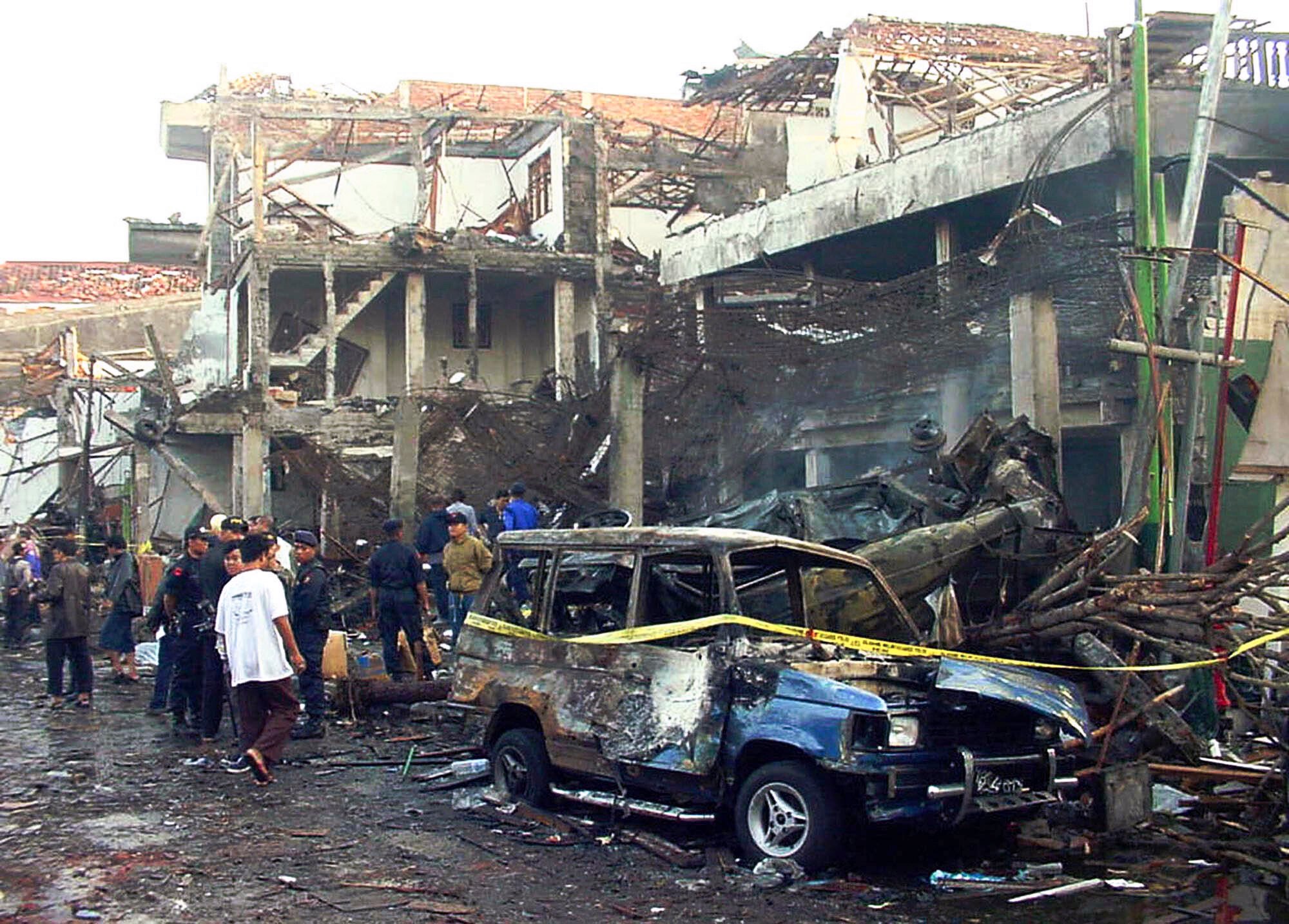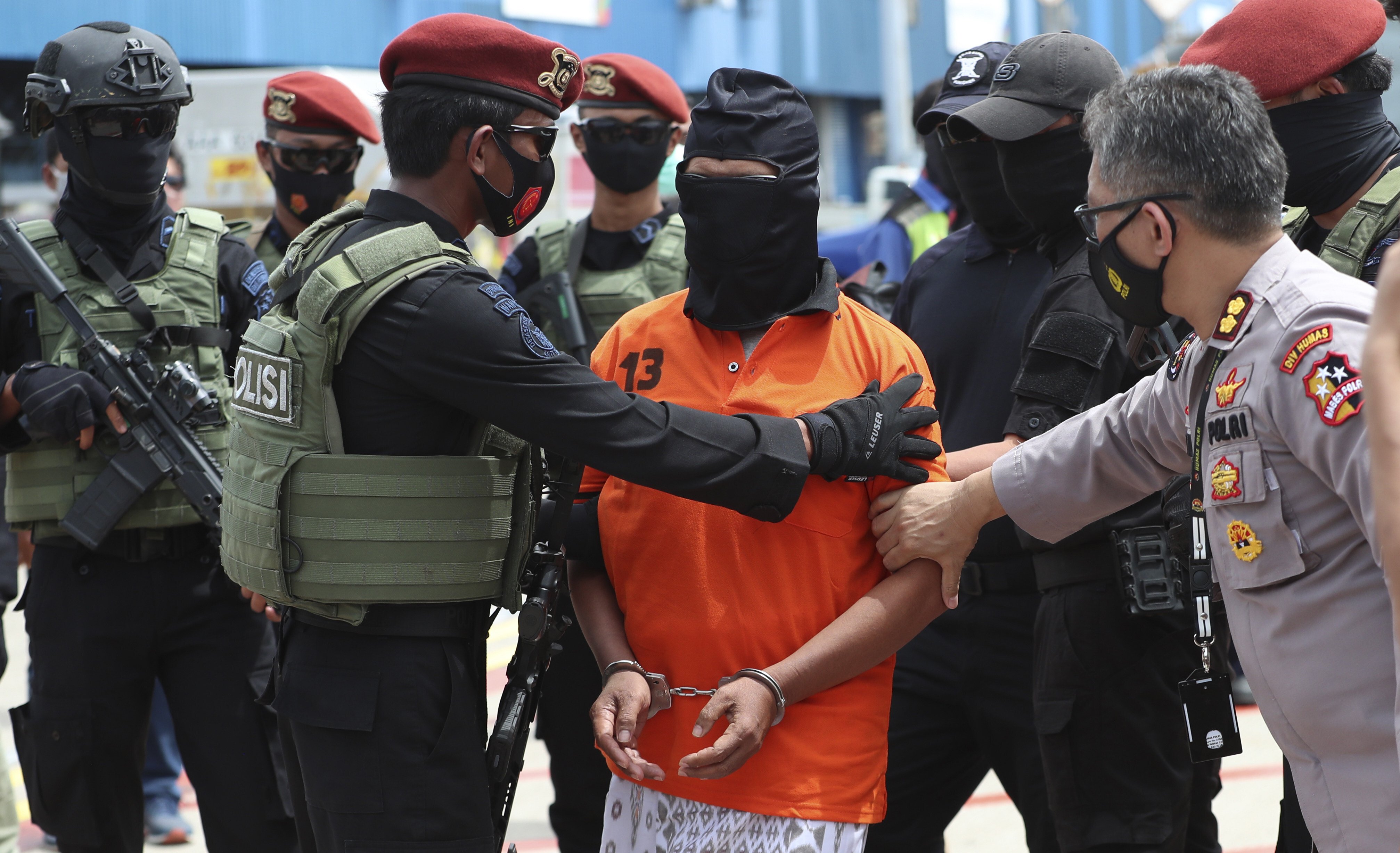TOPIC
Bali bombing
Bali bombing
On October 12, 2002, Bali fell victim to the deadliest act of terrorism in Indonesia's history. Three bombs were detonated in busy nightclubs in the popular Kuta district, killing 202 people and injuring more than 200 others. Members of Jemaah Islamiyah, an extremist Islamist group, were convicted over the bombings and in November 2008 Imam Samudra, Amrozi Nurhasyim and Huda bin Abdul Haq were executed by firing squad.
Advertisement
Advertisement
Advertisement
Help preserve 120 years of quality journalism.
SUPPORT NOWAdvertisement
Advertisement
Advertisement
Advertisement
Advertisement
Advertisement
Advertisement
Advertisement
Advertisement
Advertisement
Advertisement
Advertisement
